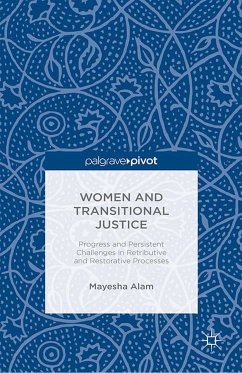Dieser Download kann aus rechtlichen Gründen nur mit Rechnungsadresse in A, B, BG, CY, CZ, D, DK, EW, E, FIN, F, GR, HR, H, IRL, I, LT, L, LR, M, NL, PL, P, R, S, SLO, SK ausgeliefert werden.
'Bieber's exemplary study of Bosnia and Herzegovina...is based on extensive research, in-depth knowledge, and a remarkably balanced view of the achievements and shortcomings of the international overlords. Bieber presents a convincing contribution to the debate on how to turn this experiment in state building into a truly self-sustaining democratic and multi-ethnic Bosnia.' - Wolfgang Petritsch, High Representative for Bosnia and Herzegovina, 1999-2002









